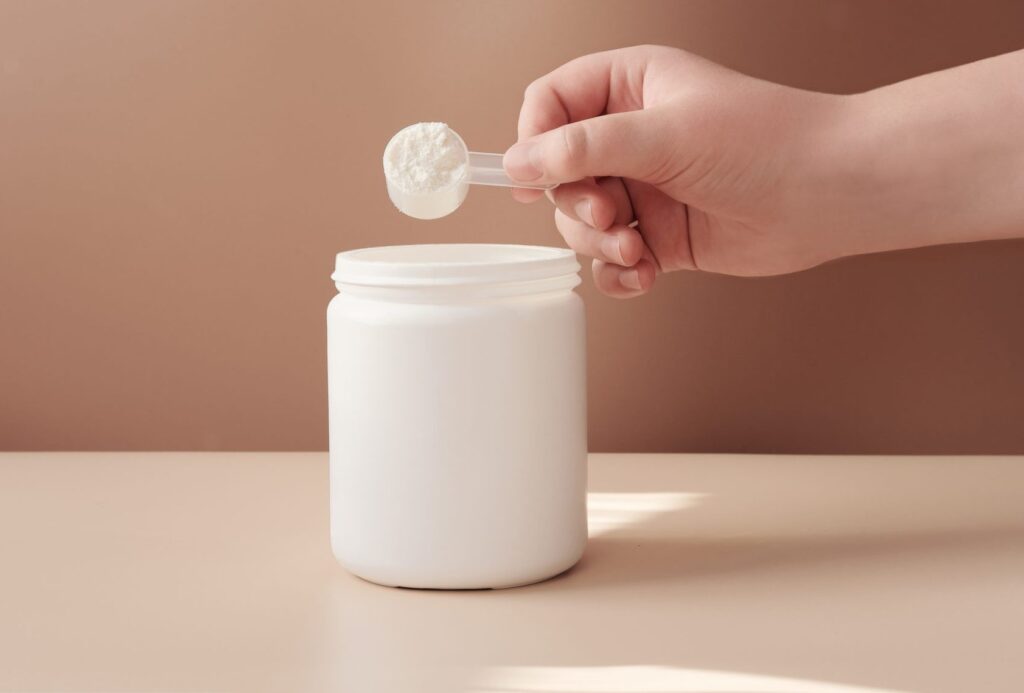What is collagen?
Imagine a substance that cushions your joints, plumps up your skin, and supports your organs. Collagen has that job, which helps explain why it’s the most abundant protein in the body—it’s in your skin, cartilage, bones, tendons, and ligaments. There’s even collagen in your eyes and teeth.
The only hitch is that your body produces less and less of this wonderful protein as you get older. As collagen levels decline, troubles creep in: You’ll begin to notice joint pain, muscle weakness, stiffer tendons and ligaments, and your skin may begin to sag and wrinkle.
This has led many people to embrace collagen supplements—why not give your aging body a helping hand, after all? The real question is whether swallowing the protein in pills, powders, or liquids equals more collagen in the places where you actually need it. Check out what the science has to say about the benefits of taking collagen.
Types of collagen
There are several types of collagen, but these are the main types that play the most critical roles in the body:
Type I is most common, accounting for around 90 percent of the collagen found in the body. Its
Keep reading this article on The Healthy

